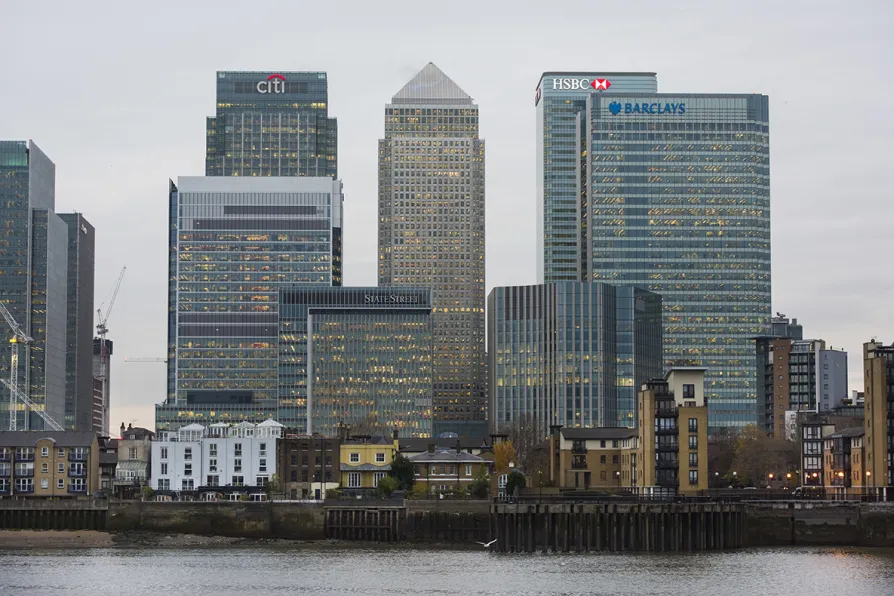CHRISTMAS 2025 is celebrated under the shadow of the hunger strikers imprisoned in British jails because of their solidarity with the Palestinian people.

 Canary Wharf in London
Canary Wharf in London
THE cap on bankers’ bonuses — limiting City fat cats to a mere trebling of their inflated basic pay rates — will be removed from the end of the month.
It’s an insult. Millions of households are struggling with the cost-of-living crisis. Yet the government remains intent on enriching the richest.
It’s a class war government. We are already living through a “golden era for the super rich” according to the Sunday Times Rich List.
The Tories say there is no money to settle the NHS strikes. That public-sector workers must accept real-terms pay cuts.
During the pandemic the country embraced the concept of key workers: the people whose labour kept everything running, from nurses to posties to refuse collectors. It was not City traders who kept the schools open or the streets swept.
Keir Starmer, elected under false pretences to the leadership of the Labour Party as the first lockdown took hold, summed up the national mood with his declaration that the “last shall be first,” that the distribution of earnings in Britain was unjust.
Removing the cap on bankers’ bonuses while forcing down wages for the rest of us is a declaration by ministers that they have learned nothing. That their gospel remains Matthew 13: “To everyone who has more will be given, and he will have abundance, but from he who has not, even what he has will be taken away.”
Moral outrage is important: anger at a ruling class which showers itself with riches while preaching austerity to the rest of us is key to mobilising resistance. It should embolden union reps building strike-ready workplaces to openly articulate the wages struggle as a class struggle.
But the Tory narrative will be that even if the distribution of rewards is uneven, everyone benefits from a booming City. Cue a flurry of statistics indicating that London contributes an outsized portion of the country’s tax revenues and we should all be grateful: those bankers’ profits pay for our NHS and so on.
This is misleading. The cap on bankers’ bonuses was introduced for a reason: unlimited bonuses encouraged reckless speculation during the 2000s, paving the way to the great crash of 2007-8, when banks were bailed out by us — and the costs then used to justify a prolonged assault on public services.
Nor is the City’s success good for the economy as a whole. The Tax Justice Network published a study in 2018 concluding that “City interests have been inflicting a finance curse on the UK economy, inflating the exchange rate, slowing growth of the productive sectors, and lobbying governments into deregulating financial services.”
Banks prefer lending against property, which can be seized in the event of default, to investing in productive industry: they are overwhelmingly responsible for the inflated cost of housing and for our having the lowest business investment in the G7 and the resulting productivity problems.
Bankers’ ludicrous pay packages have driven rising inequality. They sparked the race by firms to pile on the cash for top executives, to the point where CEOs at the largest firms earn around 100 times what their rank-and-file staff do. In turn this has corrupted our politics, as ministers and civil servants seek directorships and board places to bag similar rewards.
Nor, as Britain pledges blanket support for an Israeli government inflicting collective punishment on civilians in Gaza and despatches warships to the China seas in deference to Washington’s new cold war, can we ignore the role of City interests in shaping foreign policy, particularly the alliance with the US in upholding an unequal international order that is increasingly rejected by the developing world.
Bankers’ bonuses should make us angry. But the deeper problem is the swollen influence of the banks themselves. The City’s success is not a boon for Britain but a curse.














